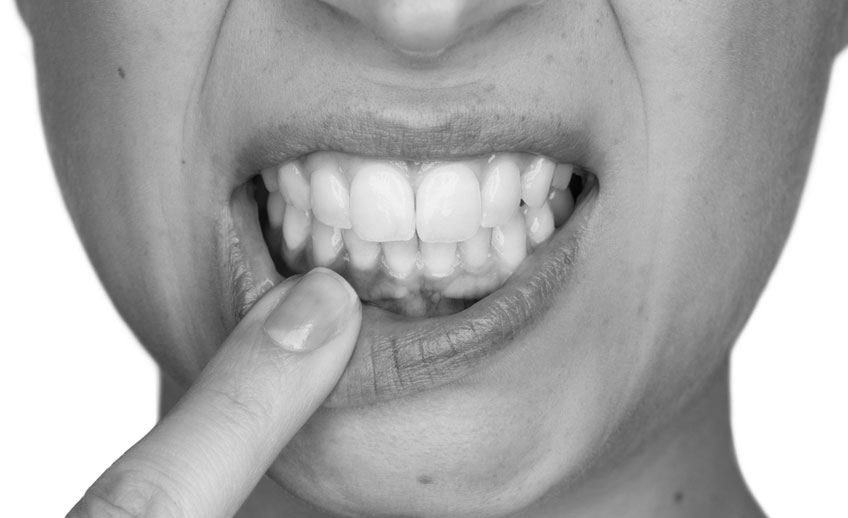Tooth-Friendly Holiday Treats

The amount of sugar that you and your family consume plays a key role in dental health problems. The amount of sugar consumed on a daily basis often shoots up dramatically over the holiday season, and that in turn triggers a range of dental problems, such as cavities and gum infections. This year, Green Dental Care in Parker, CO, would like you and your family to enjoy the holidays, but we strongly encourage you to eat healthy snacks and meals. Here are some tooth-friendly holiday treats that you can be on the lookout this holiday season.
Gingerbread
Most sugar cookies have a huge load of added sugar, but you can opt for gingerbread. Typically, gingerbread requires less than half a cup of sugar. Dr. Christopher Green, the best dentist in Parker, CO, explains that gingerbread cookies have a lot of fiber, which is good for your overall health.
Almond Cookies
The dental care experts at Green Dental Care point out that almonds are great for your health. For this reason, you should consider trying out cookie recipes that contain almonds. Almond-based cookies are great for your health and contain a lot less sugar than other cookies.
Pumpkin Pies
Pumpkin pies, a common treat during the holidays, can be one of the healthiest snacks that your family can enjoy! Only as long as you set aside the whipped cream. Pumpkin pies contain lots of fiber. To make sure you’re sticking to tooth-friendly holiday treats, the dental health professionals at Green Dental Care recommend that you make your own pumpkin pies at home. That way, you can decide how much sugar you add.
Chocolate-Covered Strawberries
Our friend, Dr. Tim Lyons, an orthodontist in Fair Oaks, CA, recommends chocolate-covered holidays because what would the holidays be without the color red? Hard to imagine! Well, your family can get all the red they need in strawberries. These berries have a huge load of nutrients, especially vitamins. Strawberries are the perfect healthy snack for the whole family! If you want something sweeter, try dipping your strawberries in dark chocolate! Dark chocolate is an excellent source of antioxidants.
Tweak the Holiday Meals Too
Let’s not forget that choosing healthy meals are just as important. It’s difficult during the holidays because so many of our favorite dishes contain high sodium and sugar. For example, Dr. Christopher Green singles out sweet potato recipes as typically containing marshmallows and caramelized brown sugar. To make such recipes more tooth-friendly, avoid adding the marshmallows or the caramelized brown sugar to keep the meal tasty but having less sugar.
Cranberry sauce can also be a good ingredient to use in your holiday meals, especially if you use it in a low-sugar recipe. Cranberries are good for the teeth because they kill oral bacteria, thereby keeping cavities and periodontal disease at bay.
Moderation is Key
Dr. Christopher Green, a Parker CO dentist, wants you to keep one more thing in mind during the holidays. Moderation is necessary. Since the consumption of large amounts of low-sugar treats can also have a detrimental effect on your dental and overall health. Once the holidays are over, visit Green Dental Care. Dr. Christopher Green will assess your dental health and fix any dental problems that developed during the holidays.








